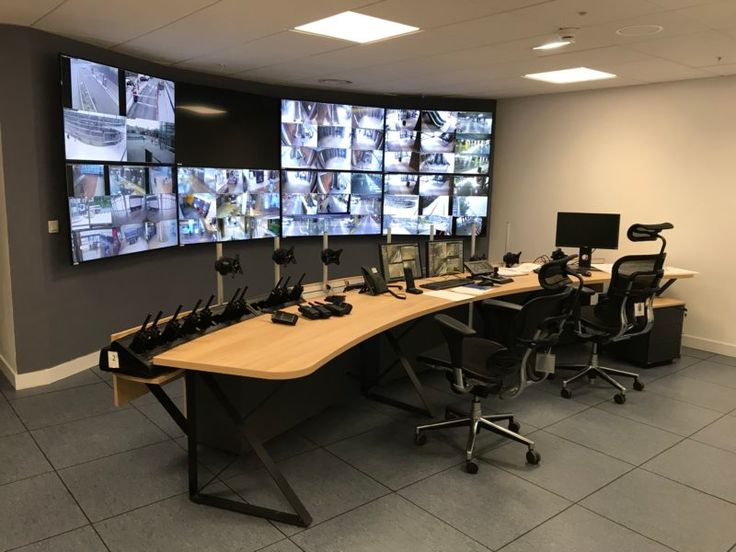business-services

July 19,2025 • 4 min read
Protective Security Specialist Training Course: A Comprehensive Guide

Introduction
In today’s ever-evolving security landscape, threats to personnel, infrastructure, and sensitive information are becoming more sophisticated and unpredictable. To combat these challenges, there is a growing demand for highly trained professionals capable of providing elite-level protection in a wide array of environments. The Protective Security Specialist Training Course is designed to equip individuals with the knowledge, skills, and mindset required to operate effectively in high-risk and sensitive security roles around the world.
What is a Protective Security Specialist?
A Protective Security Specialist (PSS) is a highly trained security professional responsible for safeguarding VIPs, government officials, diplomats, and other high-value personnel in both domestic and international environments. These specialists are often deployed in conflict zones, hostile regions, and places with elevated security threats. Their duties include:
-
Threat assessment and risk mitigation
-
Executive protection and close protection
-
Advance team operations
-
Tactical vehicle operations
-
Emergency medical response
-
Counter-surveillance techniques
PSS roles often require a background in military, law enforcement, or private security operations, and the training is rigorous to reflect the demands of real-world operations.
Overview of the Training Course
The Protective Security Specialist Training Course is typically offered by government agencies or private security training academies that follow U.S. Department of State or Department of Defense standards. The course spans several weeks and is divided into theoretical, practical, and scenario-based training modules. Key components include:
1. Protective Operations
Trainees are introduced to close protection fundamentals, including formation movements, principal evacuation techniques, and team roles. The curriculum focuses on:
-
Static and mobile protection
-
Low and high-profile operations
-
Protectee movement and positioning
-
Reaction drills for various threat levels
2. Tactical Firearms Training
Weapons proficiency is a cornerstone of any PSS course. Trainees undergo intensive firearms training that includes:
-
Pistol and carbine marksmanship
-
Weapon transitions
-
Shooting while moving
-
Hostage rescue and target discrimination
-
Stress inoculation drills
3. Tactical Driving
Driving is often the first line of defense in an attack. The course includes advanced driving skills such as:
-
High-speed driving
-
Defensive and evasive maneuvers
-
Motorcade operations
-
Surveillance detection while mobile
4. Medical and Trauma Response
Given the environments in which PSS operate, emergency medical training is crucial. Topics covered include:
-
Tactical Combat Casualty Care (TCCC)
-
Hemorrhage control (tourniquets, hemostatics)
-
Airway management
-
Evacuation planning
5. Surveillance Detection and Countermeasures
PSS must be able to detect and counter surveillance efforts. This part of the training teaches:
-
Covert and overt surveillance techniques
-
Route analysis and pattern detection
-
Use of technology in counter-surveillance
-
Establishing safe zones and reaction plans
6. Legal and Ethical Considerations
Understanding the legal landscape is essential for PSS working domestically or overseas. This includes:
-
Use-of-force policies
-
Rules of engagement
-
International law and diplomacy
-
Cultural sensitivity and operational discretion
Course Requirements and Eligibility
While open to civilians in some cases, most PSS training programs require participants to have:
-
A military or law enforcement background
-
A valid passport (for international operations)
-
Clean criminal record
-
Physical fitness and medical clearance
-
Basic firearms proficiency
Security clearance may be required depending on the training provider and employment goals.
Certification and Career Opportunities
Graduates of a PSS Training Course typically receive a certificate of completion and may qualify for work with:
-
Government contractors
-
Diplomatic protection units
-
International security firms
-
High-net-worth individuals
-
NGOs in conflict zones
Certification is a powerful credential that can open doors to global protective assignments with competitive salaries and high levels of responsibility.
Conclusion
The Protective Security Specialist Training Course is more than just a professional development program — it is a gateway into a high-stakes, high-reward career protecting lives in some of the most challenging environments on Earth. Whether you're a veteran transitioning to civilian life or a law enforcement officer seeking specialized training, this course offers the skills and credibility needed to operate at the highest levels of the security industry. For those ready to embrace the challenge, it is a path worth pursuing.
bsacenter Details
User Profile
- Full name
- bsacenter
- Email address
- dansifarar@gmail.com
- Join Date
- 2025-07-19
- State
- City
- Pincode
- Address
- Follow us on Facebook
- Follow us on Twitter
- Website Name
- Bio